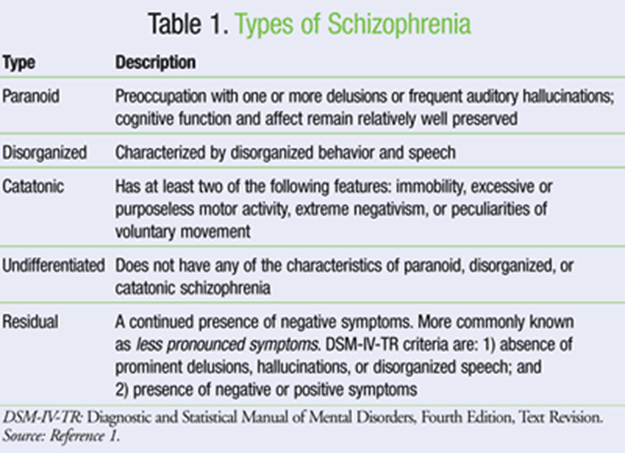A client diagnosed with paranoid personality disorder becomes violent on a unit. Which nursing intervention is most appropriate?
Use clear, calm statements and a confident physical stance
Provide objective evidence that violence is unwarranted.
Empathize with the clients paranoid perceptions.
initially restrain the client to maintain safety
The Correct Answer is A
A. Use clear, calm statements and a confident physical stance:
This is the most appropriate choice. Clear and calm communication, along with a confident physical stance, can help to de-escalate the situation. It demonstrates assertiveness and can potentially prevent further escalation of violence.
B. Provide objective evidence that violence is unwarranted:
While providing objective evidence may be helpful in some situations, individuals with paranoid personality disorder may not respond well to attempts to prove that their perceptions are unwarranted. It could potentially escalate the situation.
C. Empathize with the client's paranoid perceptions:
While empathy is important in communication, empathizing with paranoid perceptions in a way that validates or reinforces them may not be the best approach. It could inadvertently validate the client's distorted thoughts and potentially escalate the situation.
D. Initially restrain the client to maintain safety:
Physical restraint should be a last resort and used only when the safety of the client or others is at immediate risk. Initial restraint can escalate aggression and may not be the most appropriate intervention in the early stages of a violent episode.
Nursing Test Bank
Naxlex Comprehensive Predictor Exams
Related Questions
Correct Answer is A
Explanation
A. Psychosocial history:
This includes information about the client's social, cultural, family, educational, and occupational background. It provides insights into the client's life circumstances, stressors, support systems, and overall psychosocial context. This information is crucial for understanding the context in which mental health symptoms may be occurring.
B. Vaccine history:
Vaccine history is not typically a primary factor in diagnosing mental health disorders. It is more relevant to preventive care and physical health.
C. History of allergies:
Allergies are primarily related to physical health and may not play a direct role in the diagnosis of mental health disorders.
D. Surgical history:
Surgical history is relevant to physical health conditions and is not a primary consideration in the diagnosis of mental health disorders.
Correct Answer is B
Explanation
A. Use touch to calm the client during periods of anxiety:
Individuals with paranoid schizophrenia may have heightened sensitivity to touch, and it can potentially exacerbate their anxiety or paranoia. This intervention may not be appropriate as it could escalate the client's distress.
B. Check the client's mouth after the client takes medication:
This is the best choice. People with paranoid schizophrenia may be prone to hoarding or pocketing medications. Checking the client's mouth ensures that the medication has been swallowed, promoting medication adherence and preventing potential harm.
C. Rotate the staff assignments for this client:
Consistency in caregivers is generally preferred for clients with schizophrenia to build trust and a therapeutic relationship. Constantly changing staff assignments can lead to increased anxiety and mistrust.
D. Assign an assistive personnel to feed the client at meal times:
While assistance with feeding may be needed, assigning an assistive personnel without direct supervision for a client with paranoid schizophrenia may not be the best approach. It's important to ensure the client's safety and monitor their behavior during meals.

Whether you are a student looking to ace your exams or a practicing nurse seeking to enhance your expertise , our nursing education contents will empower you with the confidence and competence to make a difference in the lives of patients and become a respected leader in the healthcare field.
Visit Naxlex, invest in your future and unlock endless possibilities with our unparalleled nursing education contents today
Report Wrong Answer on the Current Question
Do you disagree with the answer? If yes, what is your expected answer? Explain.
Kindly be descriptive with the issue you are facing.
